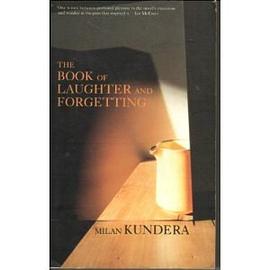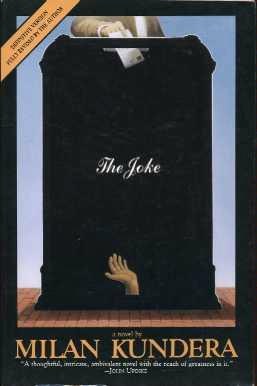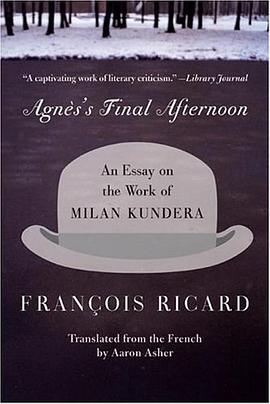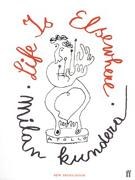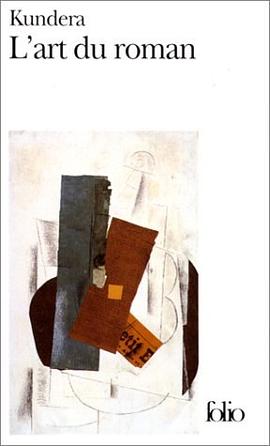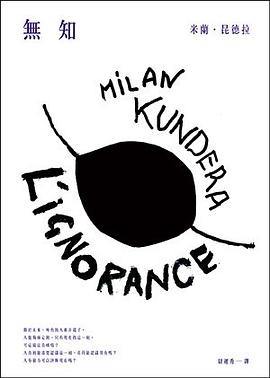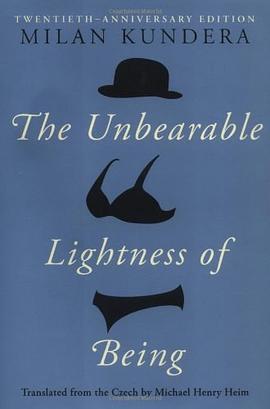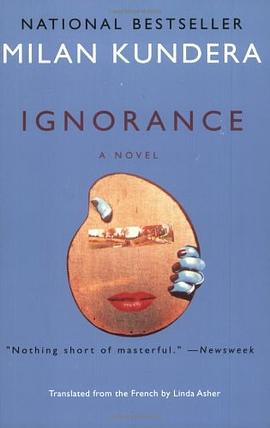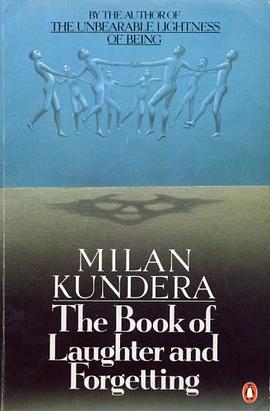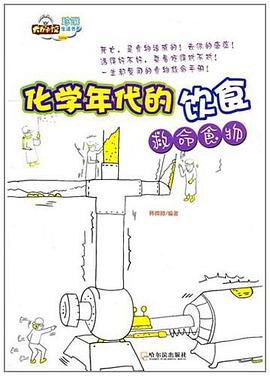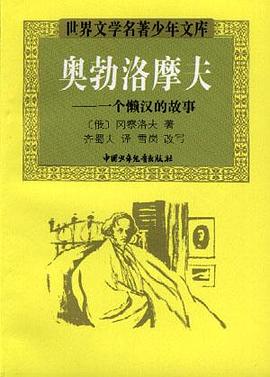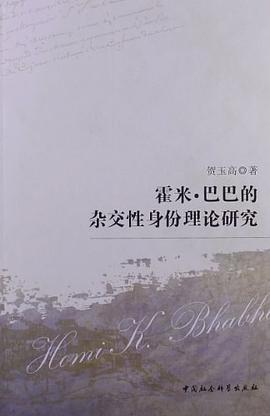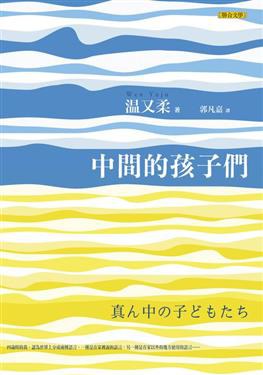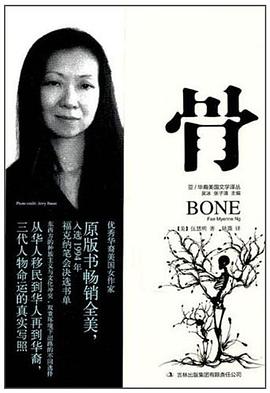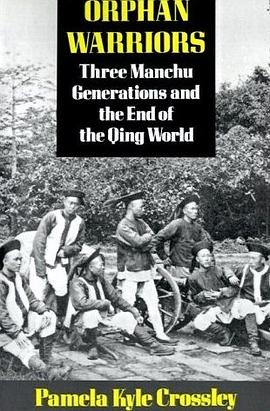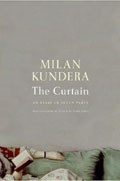

Editorial Reviews
From Publishers Weekly
Starred Review. It's not often that a work comes along that so perfectly distills an approach to art that it realigns the way an art form is understood. Susan Sontag's revolutionary work On Photography was one such piece. Kundera's new book-length essay should be another. The renowned Franco-Czech author (The Book of Laughter and Forgetting) investigates the history of the novel, beginning with the moment in which Cervantes denied Don Quixote's desire for elevation to knight-errant and instead "cast a legendary figure down: into the world of prose." In the prosaic world, according to Kundera, the absence of pathos, the insistence on the comedic and the interrelation of all novels represent the locus of meaning and emotional impact. Kundera argues against the tendency to classify and study literature through the lens of nationality. Instead, he proposes a world literature that would take into account the way novelists learn from one another, Sterne from Rabelais, Fielding from Cervantes, Joyce from Flaubert and, though he never explicitly states it, Kundera from them all. This is a self-consciously personal vision of "the poetics of the novel," one that displays Kundera's own preoccupations, from his Central European dislike of sentimental kitsch to his exhortation that, to be counted in the history of the novel, all novelists must follow Cervantes, must "[tear] the curtain of preinterpretation" into which we are all born. Only then can the novel accomplish its purpose: to show its readers their own lives. (Feb.)
Copyright © Reed Business Information, a division of Reed Elsevier Inc. All rights reserved.
From Bookmarks Magazine
Milan Kundera states that the novelist's primary goal "is not to do something better than his predecessors but to see what they did not see, say what they did not say." Ironically, many critics observed that Kundera covers much the same ground as he did in The Art of the Novel (1986) and Testaments Betrayed (1995), though they also mentioned that his views have softened somewhat toward authors and trends he had previously condemned. Most reviewers found his writing clear and accessible despite its erudite subject matter and praised Linda Asher's skillful translation for preserving the writer's linguistic idiosyncrasies. Perhaps the greatest value of The Curtain is the insight gained into Kundera's own novels as he explains his personal philosophy of writing and reading.
Copyright © 2004 Phillips & Nelson Media, Inc.
Book Description
"A magic curtain, woven of legends, hung before the world," writes Milan Kundera in The Curtain, his fascinating new book on the art of the novel. "Cervantes sent Don Quixote journeying and tore through the curtain. The world opened before the knight-errant in all the comical nakedness of its prose." For Kundera, that curtain represents a ready-made perception of the world that each of us has—a pre-interpreted world. The job of the novelist, he argues, is to rip through the curtain and reveal what it hides.
In this entertaining and always stimulating essay, Kundera cleverly sketches out his personal view of the history and value of the novel in Western civilization. Too often, he suggests, a novel is thought about only within the confines of the language and nation of its origin, when in fact the novel's development has always occurred across borders: Laurence Sterne learned from Rabelais, Henry Fielding from Cervantes, Joyce from Flaubert, García Márquez from Kafka. The real work of a novel is not bound up in the specifics of any one language: what makes a novel matter is its ability to reveal some previously unknown aspect of our existence. In The Curtain, Kundera skillfully describes how the best novels do just that.
具體描述
讀後感
昨天开始读的,里边关于aesthetic value有objectivity的论证一度让我很懵。我以前也跟人激烈争论过,审美更多是客观而不是主观。但当时更多举的是科学对艺术的支持,比如黄金分割比例、色彩平衡理论等等,没有想过可以从“如果没有客观性,艺术史就没有意义”的角度去论证。今...
評分昨天开始读的,里边关于aesthetic value有objectivity的论证一度让我很懵。我以前也跟人激烈争论过,审美更多是客观而不是主观。但当时更多举的是科学对艺术的支持,比如黄金分割比例、色彩平衡理论等等,没有想过可以从“如果没有客观性,艺术史就没有意义”的角度去论证。今...
評分昨天开始读的,里边关于aesthetic value有objectivity的论证一度让我很懵。我以前也跟人激烈争论过,审美更多是客观而不是主观。但当时更多举的是科学对艺术的支持,比如黄金分割比例、色彩平衡理论等等,没有想过可以从“如果没有客观性,艺术史就没有意义”的角度去论证。今...
評分昨天开始读的,里边关于aesthetic value有objectivity的论证一度让我很懵。我以前也跟人激烈争论过,审美更多是客观而不是主观。但当时更多举的是科学对艺术的支持,比如黄金分割比例、色彩平衡理论等等,没有想过可以从“如果没有客观性,艺术史就没有意义”的角度去论证。今...
評分昨天开始读的,里边关于aesthetic value有objectivity的论证一度让我很懵。我以前也跟人激烈争论过,审美更多是客观而不是主观。但当时更多举的是科学对艺术的支持,比如黄金分割比例、色彩平衡理论等等,没有想过可以从“如果没有客观性,艺术史就没有意义”的角度去论证。今...
用戶評價
kundera雖然早已不是什麼好作傢瞭,但仍然是不錯的Essayist。不過,這本書大多是重復他一貫的主題,小說反抗曆史,或者說愚蠢。但在最後(或許是寫得最差的部分),他突然麵對一個巨大的危險,如果小說也成瞭曆史呢?或許有一天,象他在全書開頭暗示的,再也沒有新的小說,隻不過象曆史一樣可笑的重復?Kundera的現代主義小說在抵抗自己最可怕敵人的同時正在慢慢死去。正象他的小說一樣,Kundera的Essay同樣找不到幸存的糧食。
评分kundera雖然早已不是什麼好作傢瞭,但仍然是不錯的Essayist。不過,這本書大多是重復他一貫的主題,小說反抗曆史,或者說愚蠢。但在最後(或許是寫得最差的部分),他突然麵對一個巨大的危險,如果小說也成瞭曆史呢?或許有一天,象他在全書開頭暗示的,再也沒有新的小說,隻不過象曆史一樣可笑的重復?Kundera的現代主義小說在抵抗自己最可怕敵人的同時正在慢慢死去。正象他的小說一樣,Kundera的Essay同樣找不到幸存的糧食。
评分kundera雖然早已不是什麼好作傢瞭,但仍然是不錯的Essayist。不過,這本書大多是重復他一貫的主題,小說反抗曆史,或者說愚蠢。但在最後(或許是寫得最差的部分),他突然麵對一個巨大的危險,如果小說也成瞭曆史呢?或許有一天,象他在全書開頭暗示的,再也沒有新的小說,隻不過象曆史一樣可笑的重復?Kundera的現代主義小說在抵抗自己最可怕敵人的同時正在慢慢死去。正象他的小說一樣,Kundera的Essay同樣找不到幸存的糧食。
评分kundera雖然早已不是什麼好作傢瞭,但仍然是不錯的Essayist。不過,這本書大多是重復他一貫的主題,小說反抗曆史,或者說愚蠢。但在最後(或許是寫得最差的部分),他突然麵對一個巨大的危險,如果小說也成瞭曆史呢?或許有一天,象他在全書開頭暗示的,再也沒有新的小說,隻不過象曆史一樣可笑的重復?Kundera的現代主義小說在抵抗自己最可怕敵人的同時正在慢慢死去。正象他的小說一樣,Kundera的Essay同樣找不到幸存的糧食。
评分kundera雖然早已不是什麼好作傢瞭,但仍然是不錯的Essayist。不過,這本書大多是重復他一貫的主題,小說反抗曆史,或者說愚蠢。但在最後(或許是寫得最差的部分),他突然麵對一個巨大的危險,如果小說也成瞭曆史呢?或許有一天,象他在全書開頭暗示的,再也沒有新的小說,隻不過象曆史一樣可笑的重復?Kundera的現代主義小說在抵抗自己最可怕敵人的同時正在慢慢死去。正象他的小說一樣,Kundera的Essay同樣找不到幸存的糧食。
相關圖書
本站所有內容均為互聯網搜索引擎提供的公開搜索信息,本站不存儲任何數據與內容,任何內容與數據均與本站無關,如有需要請聯繫相關搜索引擎包括但不限於百度,google,bing,sogou 等
© 2025 qciss.net All Rights Reserved. 小哈圖書下載中心 版权所有

